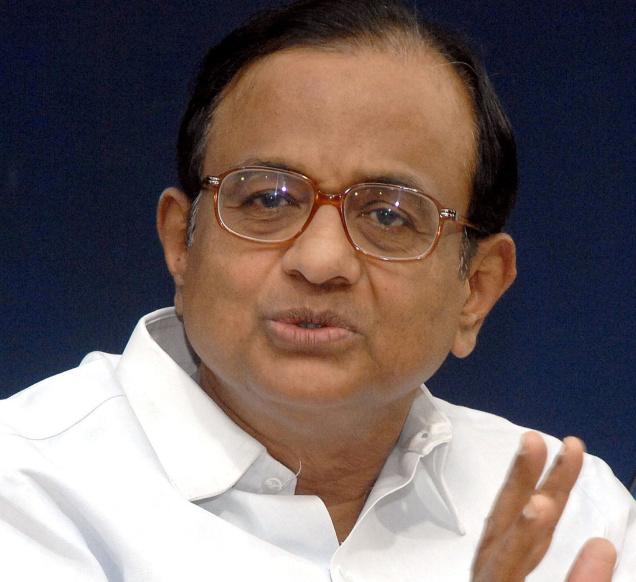 Vivek Kaul
Vivek Kaul
The finance minister P Chidambaram has been very vocal about the fact that the government will do whatever it takes to control the fiscal deficit. “I have said and I repeat it: this year the fiscal deficit will be contained at below 4.8 percent no matter what requires to be done,” Chidambaram had said earlier this month. He has also referred to the fiscal deficit target as the “red line”, which will not be breached. Fiscal deficit is the difference between what a government earns and what it spends.
But the situation seems to be getting more and more difficult. Data released by the Controller General of Accounts (CGA) shows that between April and October, 2013, the fiscal deficit touched 84.4% of the annual target. The fiscal deficit target for the year is Rs 5,42,999 crore. During the first seven months it was at Rs 4,57,886 crore or 84.4% of the target, suggesting that Chidambaram has very little room left to manage the fiscal deficit.
The average fiscal deficit for the first seven months of the year between 1998-1999 and 2012-2013 was at 60.24% of the annual target. In fact, only in 2008-2009, the fiscal deficit was at 87.8% or greater than the current 84.4%.
2008-2009 was the year before the 2009 Lok Sabha election and the government had gone on a spending spree, to attract voters. In fact, the actual fiscal deficit for the year came in at Rs 3,36,992 crore, though the target was Rs 1,33,287 crore. So the fiscal deficit basically more than doubled from a target of around 2.5% of GDP to an actual of 6% of the GDP.
This year Chidambaram doesn’t have that kind of flexibility because his target is already high at 4.8% of GDP. And more than that the international rating agencies are watching. There is a huge threat of the investment rating of India being downgraded to junk status.
If that happens a lot of foreign investors will have to withdraw their money from the Indian stock as well as the bond market, leading to a massacre of the rupee against the dollar, like it had happened earlier in the year. The rupee had touched a high of nearly 69 to a dollar.
So what are the options before Chidambaram? “We will address both the revenue side and the expenditure side,” Chidambaram had said earlier in the month. On the expenditure side, the cut is more likely to be on the planned expenditure side than non planned expenditure.
Planned expenditure is essentially money that goes towards creation of productive assets through schemes and programmes sponsored by the central government. Non- plan expenditure is an outcome of planned expenditure. For example, the government constructs a highway using money categorised as a planned expenditure. But the money that goes towards the maintenance of that highway is non-planned expenditure. Interest payments, pensions, salaries, subsidies and maintenance expenditure are all non-plan expenditure.
As is obvious a lot of non plan expenditure is largely regular expenditure that cannot be done away with. Hence, when expenditure needs to be cut, it is the asset creating planned expenditure which typically faces the axe and that is not good for the overall economy. Some media reports suggest that the government will incur some expenditure this year, but show it only in the next year’s budget.
On the revenue side, newsreports suggest that the government is planning to sell the stakes it owns in Axis Bank, ITC and Larsen & Toubro, which it holds through Special Undertaking-UTI. This stake is currently worth Rs 47,909 crore.
The trouble is this is easier said than done. If the government offers these stakes in these companies to other companies, it will be opposed tooth and nail by the management of these companies. The other option is to sell the stake to investors directly in the stock market. It remains to be seen whether the market has the capacity to digest this.
Also, it is worth remembering that these shares can be sold only once. Or as a chartered accountant would put it, sale of assets from the balance sheet are one-off or non-recurring items.
The expenditure will remain next year, but the government won’t be able to sell these shares again, to bring down the fiscal deficit.
The article originally appeared in the Daily News and Analysis(DNA) dated November 30, 2013
(Vivek Kaul is the author of Easy Money (Sage, 2013). He can be reached at [email protected])